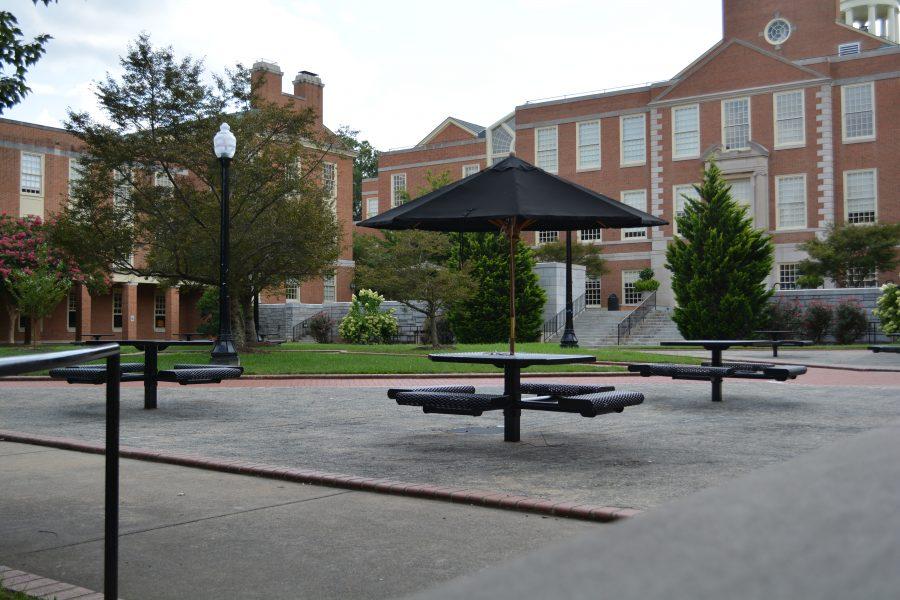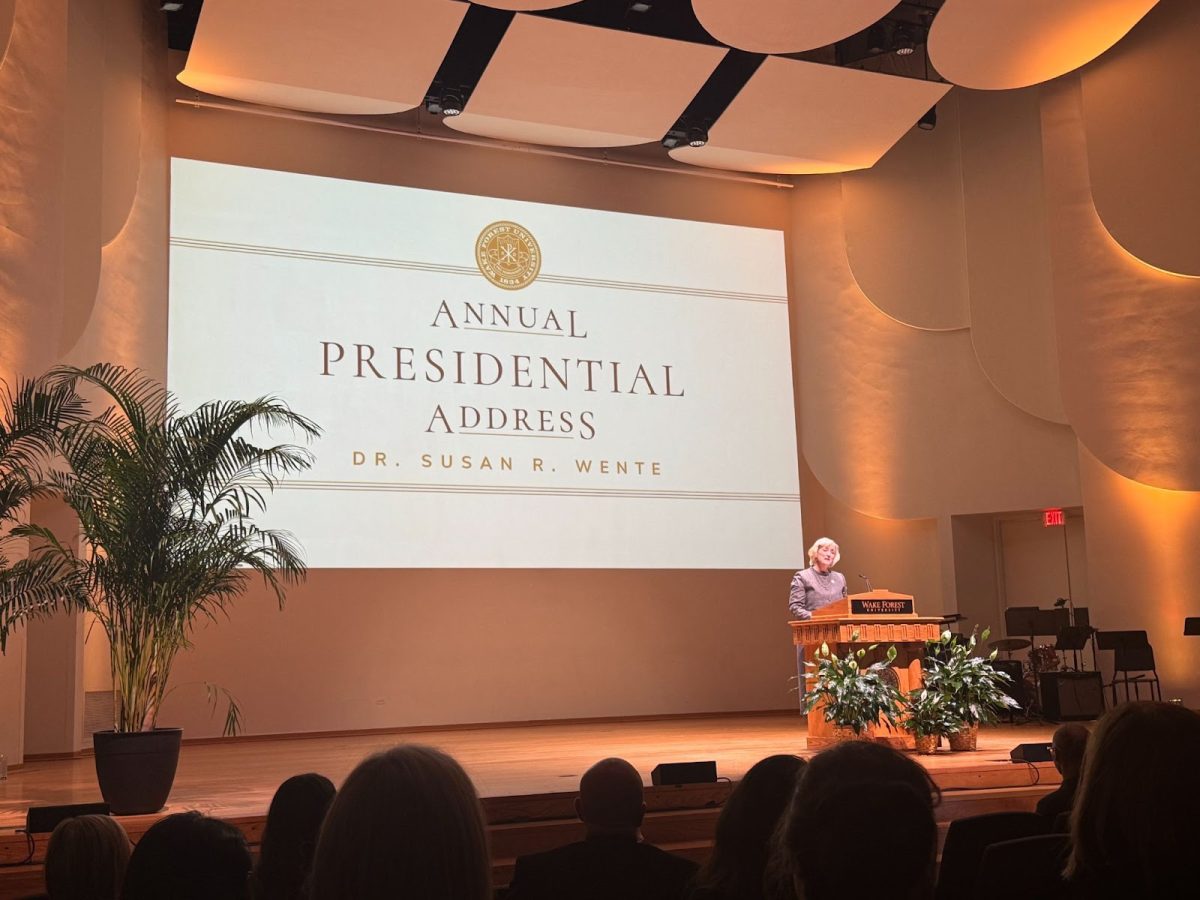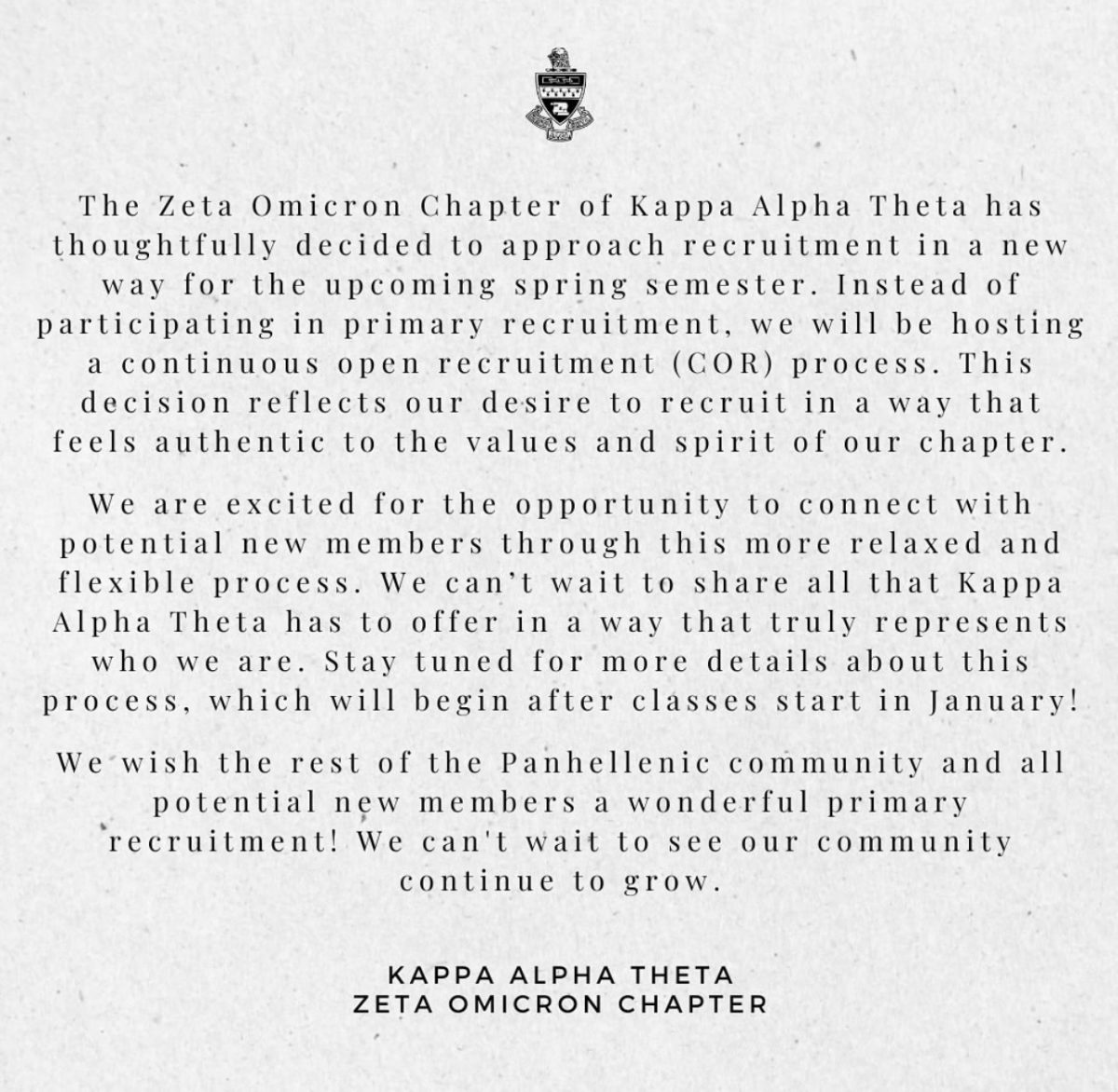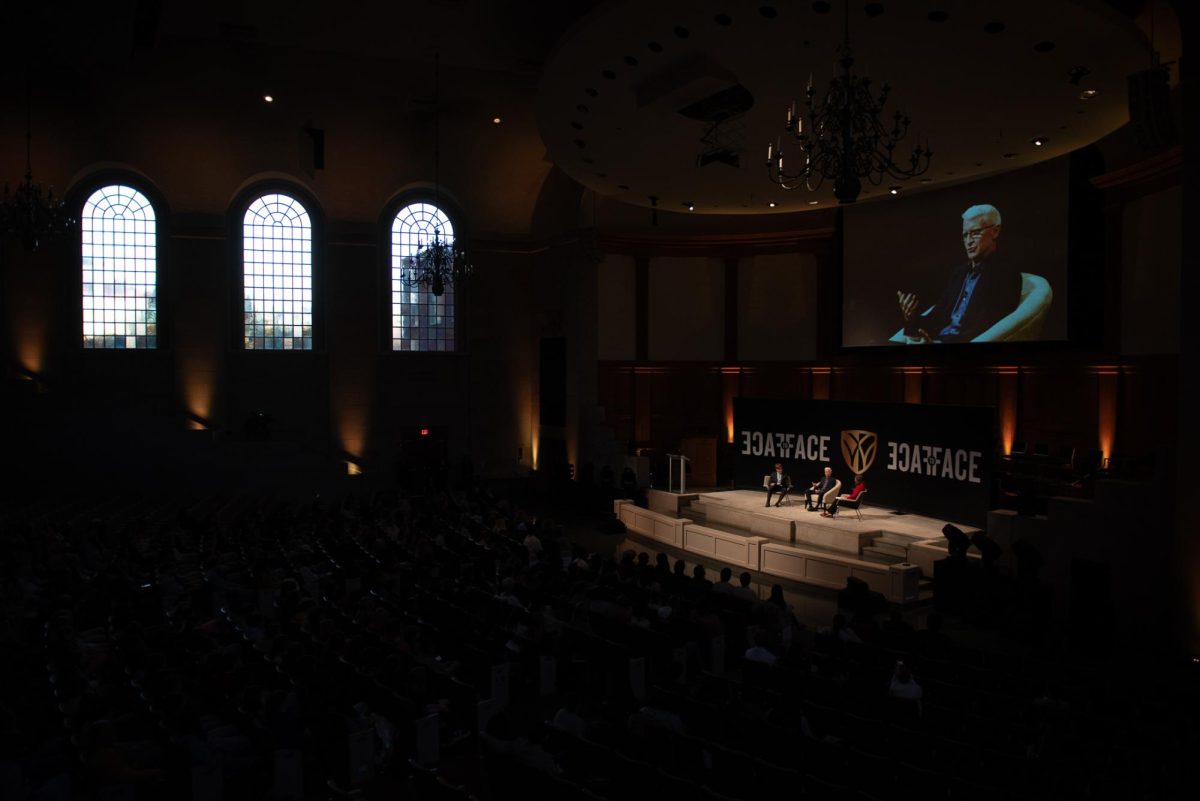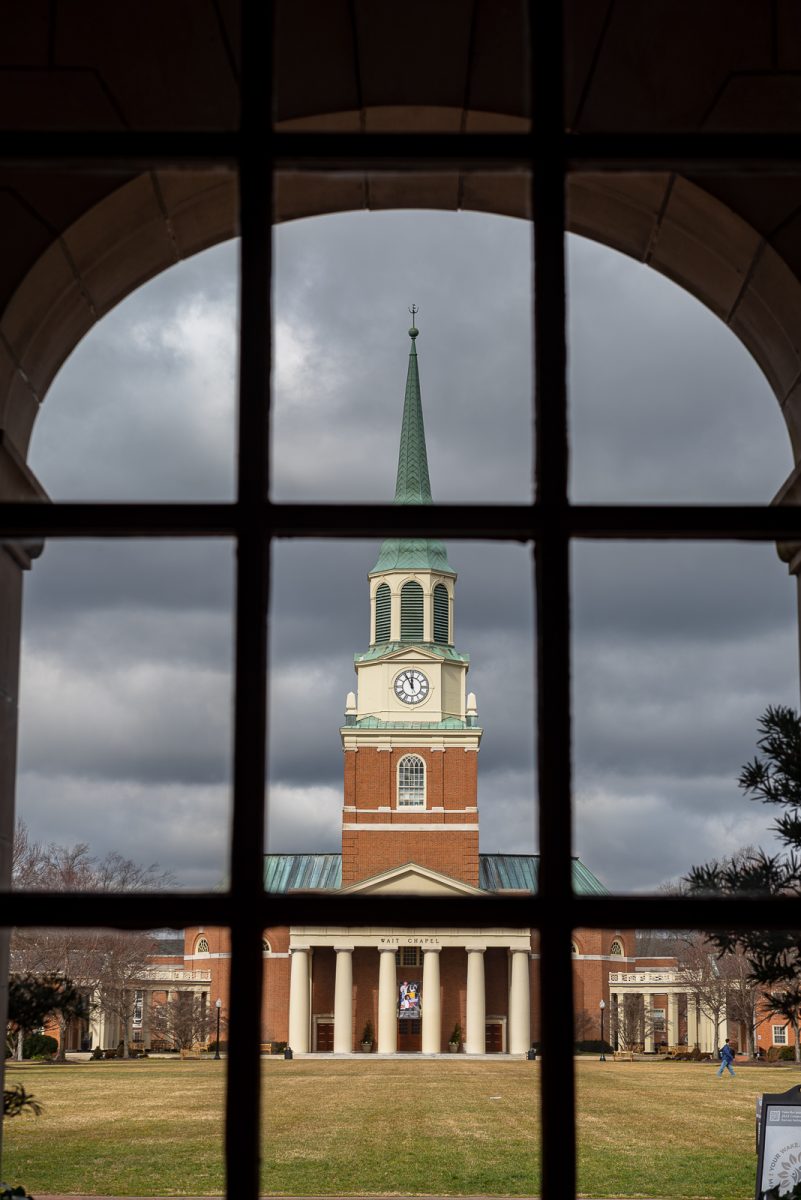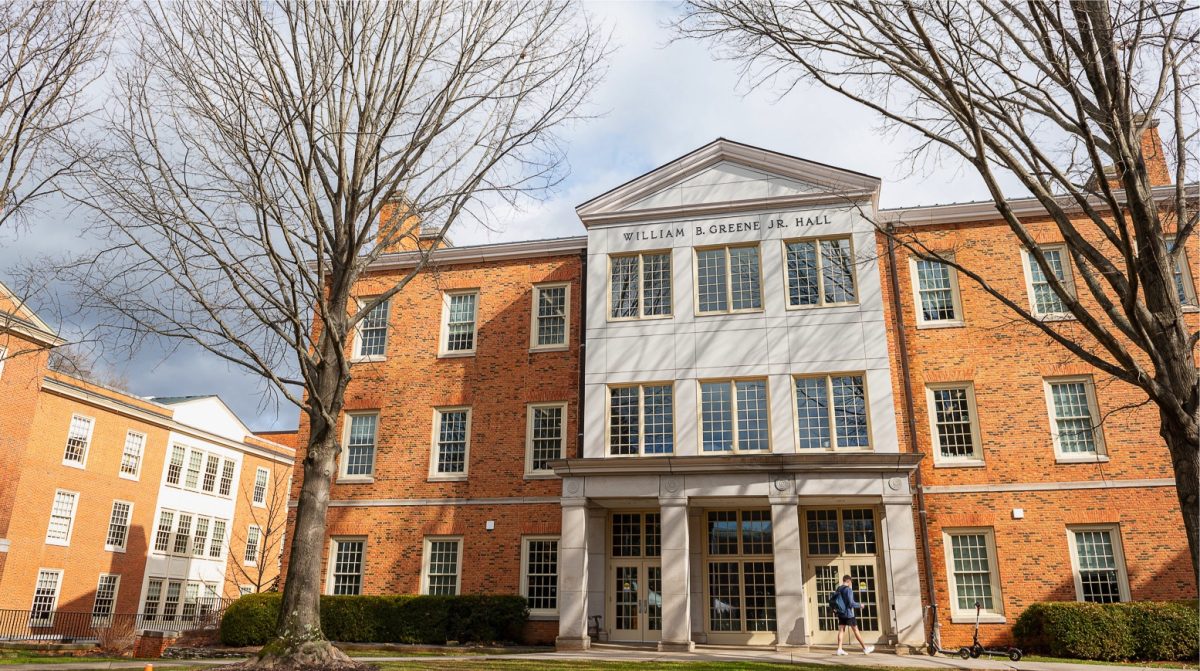In an effort to recommend undergraduate curriculum revisions that would best serve the interests and needs of the student body, Wake Forest’s College Curriculum Review Committee, or CCRC, has been busy conducting a comprehensive review of the university’s general education requirements during the past couple of years.
The committee has done extensive research within other high-education institutions, looking at their core liberal arts curricula and identifying important aspects and values to implement at Wake Forest.
“Once all of this data is collected, we [will] better understand how we’re reflecting our values versus how other schools are reflecting theirs, and we get a sense of where our institution fits into the national and global scope of curriculum,” said Wake Forest Fellow and member of CCRC Matthew Connor.
Over the past few years, the committee has been working to strengthen students’ awareness of the importance behind their liberal arts education.
Changes to the general education curriculum are intended to make connections between various disciplines of the liberal arts and help students better articulate how these disciplines enable them to think both critically and analytically.
“We want students to come out having a more complex view of the challenges around them and how those challenges can be solved,” said Connor.
The most significant recommendation in the committee’s preliminary proposal is the shift from “Divisional” to “Knowledge Area” distribution requirements. With Knowledge Areas, students would be required to take one course in each of eight disciplines.
No more than two of a student’s eight required Knowledge Area courses could be taken in any one department, and at least six of the eight requirements must be from different departments.
The committee said that Knowledge Areas will make it simpler for students to find meaningful connections between their required courses and understand the way each discipline plays a role in influencing critical thinking about the world.
“In the spirit of Pro-Humanitate, students will be more equipped to make an impact on society when they connect their knowledge from each course and learn to think broadly,” said Connor.
Additionally, the committee has recommended Global Citizenship requirements, which would require students to practically apply material from liberal arts courses. It is designed to strengthen the Cultural Diversity requirement so that students are better exposed to the cultures they will encounter in the global world.
With the addition of the Ethical Reasoning/Inquiry requirement, students would be tasked with reflection upon human values, character, and conduct, and challenged to become ethical agents in their communities.
“The goals and formation of the AP courses are not entirely reflective of what we would want to see out of our writers,” said Connor.
Another more logistical change within the report would require students to take a writing course at least once during their four years at Wake Forest whether they have placed out of it with AP credit or not.
“The vast majority of our students never take a structured writing course here, and we are in the minority of schools to allow that.” said Religion Studies professor and head of CCRC Jay Ford. “We did surveys of students, faculty and alumni asking them which skill they found most important at Wake Forest and writing was at the top of the list. We felt this area is one that needs improvement.”
The report further contains information about changes that the committee would like to see the university continue to consider over time.
“Even if we can’t achieve everything now,” said Connor. “We’ve seen a lot of best practice from other schools about different techniques that we could try and different ways of thinking about education.”
Connor added that these changes may not be considered for the next ten or even twenty years. Even so, the committee is tasked with doing the necessary research that future committees should consider for the development of education at the university.
“It is important to note that nothing has been decided for sure yet,” said Ford. “Any changes we make to the curriculum have to be approved by the Committee on Academic Planning (CAP)”
The purpose of CAP is to oversee the curriculum and significant changes that are made to it. Once the proposal is presented, they will review the reforms and take it to the faculty for a vote where each element of the proposal is voted on separately.
“No matter what our students decide to major in or what their interests are, the point of a liberal arts education is to instill particular sets of learning outcomes and skills that we think are important to becoming good citizens and good members of the global community,” said Connor.


